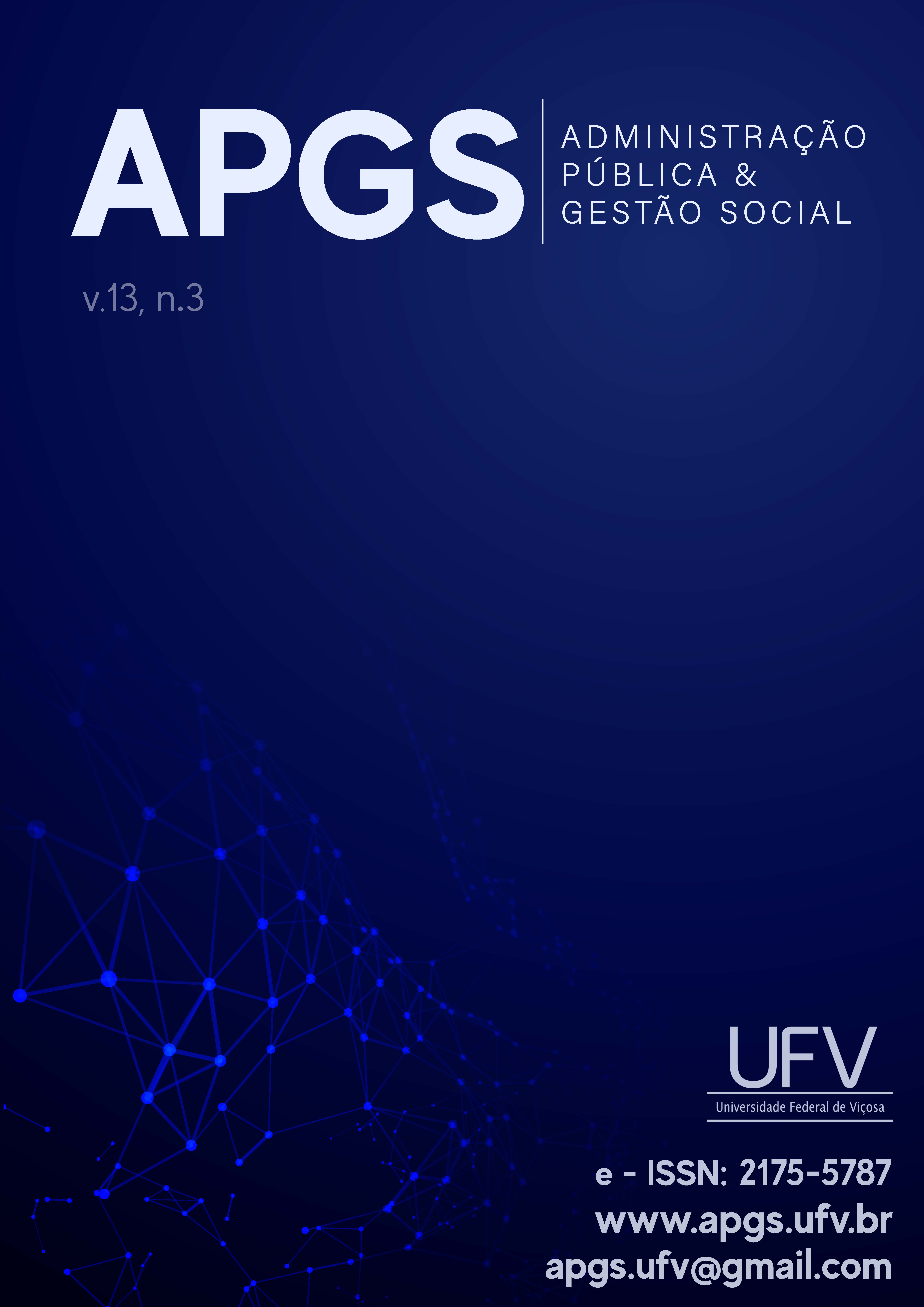Theoretical Approaches to the Fragility of States: Proposal for a Comprehensive Model from Political Legitimacy in Statehood Construct
DOI:
https://doi.org/10.21118/apgs.v13i3.9627Abstract
In the academic agenda and in international organizations, the strength or fragility of states is a relevant thematic, especially in light of geopolitical changes and security issues in recent decades. While the concept of state refers to the methods of control that a government employs to manage a given territory, which refers to regimes and forms of government, the fragility of states, as well as concerns of the international community motivated by incapacities, generates a loss of legitimacy internal politics, leading to possible regional collapses and instabilities, the capacity for action is then seen as linked to political legitimacy, which is nourished by the confidence conferred on the internal and external levels. In this context, this work seeks to articulate some theoretical propositions in an attempt to broaden the view on the phenomenon of statehood and its relations with political legitimacy, such propositions are then guiding to a comprehensive model at the end of the article. In this sense, this essay presents as a general proposition: Political Legitimacy, constituent of Statehood, in its relations with regimes and forms of government, and with the trust attributed to political actions, is an intervening factor in Fragility manifest in the States.
Downloads
Published
How to Cite
Issue
Section
License

This work is licensed under a Creative Commons Attribution-NonCommercial-NoDerivatives 3.0 Unported License.
Authors who publish in the Journal of Public Administration and Management Social (APGS) must agree to the following terms:
• Authors retain copyright and give the journal the rightof first publication with the work simultaneously licensed underthe Creative Commons Attribution License, permitting sharingwork with the recognition of the work of authorship and publicationstarting in this journal.
• Authors have authorization to assume additional contractsseparately for non-exclusive distribution of the work releasepublished in this journal (eg. publish in institutional repositories oras a book), with an acknowledgment of its publicationstarting this journal.
• Authors are permitted and encouraged to post theirwork online (eg, in institutional repositories or on their websitepersonnel) at any point before or during the submission process, asit can generate criticism and helpful suggestions, as well asincrease the impact and citation of published work.
• Authors reserve the right of the editors of this journal to make in theoriginal works, alterations of normative order, orthographic andgrammatical, aiming at complying with its editorial policy and keep thedefault cult of language, respecting, however, the authors' style.
• Authors assume exclusive responsibility for their opinionsgiven in the articles published in this journal.



